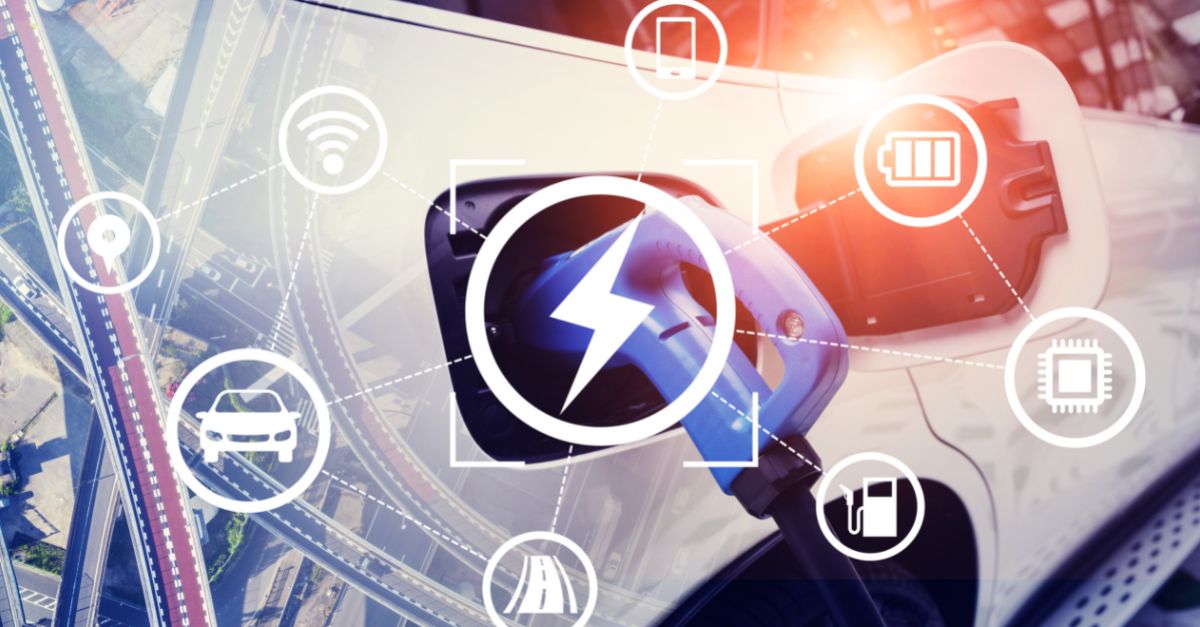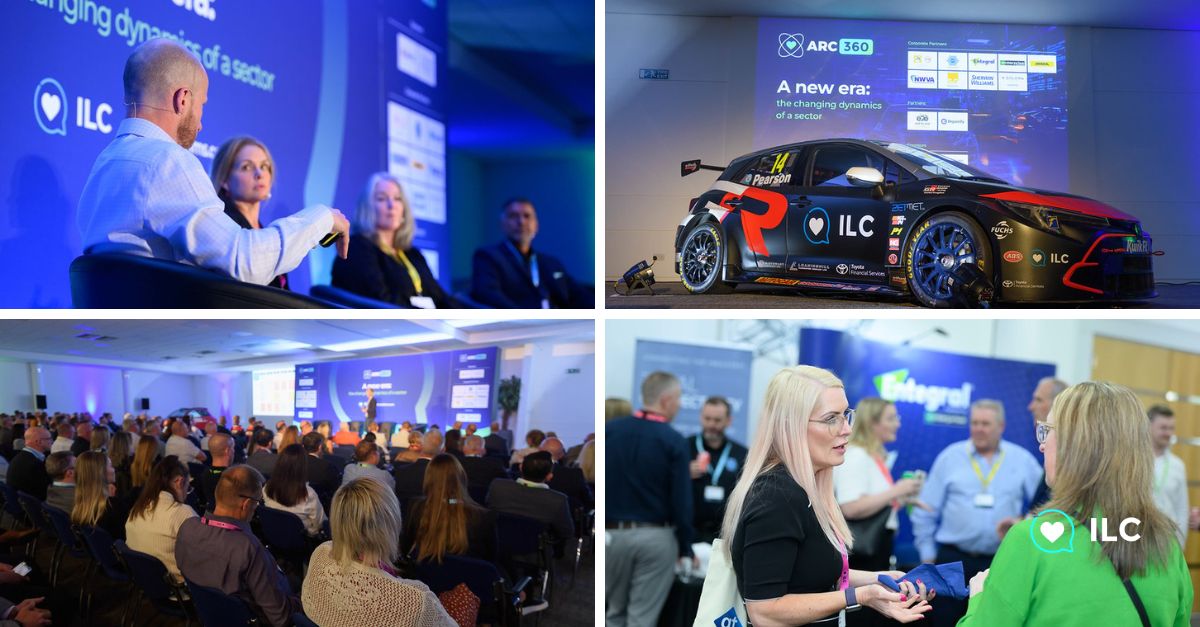Trend Tracker has published a report warning of the inherent dangers or progressing towards Net Zero without the appropriate training and equipment.
The report, ‘Electric Vehicles (EV), What Happens When Things Go Wrong,’ has been released following a group discussion addressing the potential risks of EVs hosted by Chris Weeks, Executive Director of the National Body Repair Association, and Kirsty McKno, Managing Director of Cogent Hire.
EVs are now the fastest growing sector of the UK car parc, with more than one in four (26.4%) cars produced by UK car manufacturers in April electrified. That represented an output increase of 38.2%, making one in 10 cars entering the market were purely electric.
Chris said, “We want to collaborate across the industry and build awareness, find solutions, and make recommendations that will hopefully ensure that the Road to Zero is maintained with safety at its core. EV/AF vehicles are not necessarily any more unsafe than internal combustion engines, but whereas the industry has had more than 100 years to develop experience and understanding of ICE, EV/AF vehicles are relatively new.”
The group said it was possible now to set up a recovery business with no specific qualifications, and concluded that regulation is vital to ensuring the safety of those working within the industry, as well as customers.
Kirsty said, “EVs may ignite up to four weeks post-accident, which means that having a consistent standard is vital to industry and consumer safety. We support the aim to increase EV/AFV within the parc and we don’t believe EV are any less safe than ICE; it is knowledge of how to deal with an EV/AFV when they go wrong that we lack.
“The supply chain processes and rules need to change. This is about asset and customer safety. We also look to the insurers to fundamentally change how they price, underwrite, insure and service these vehicles. Within all areas of claims management there is a need to ensure that FNOL staff are properly trained to manage the specific requirements of EV/AFV post-incident.”
The group agreed that further investment in training and tooling was critical, but admitted the cost-of-living crisis is a substantial barrier.
Chris said, “Our aim is to understand what happens when things go wrong and how, as an industry, we can help service the Road to Zero; to be there, safely and educated to help customers in their times of need, and to return the vehicle to as safe as it was prior to the accident. By coming together as a group, we can improve awareness now and on a continued basis to deliver this.”

















